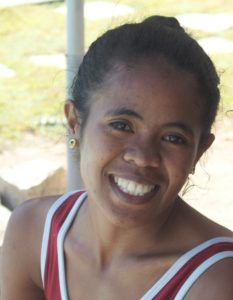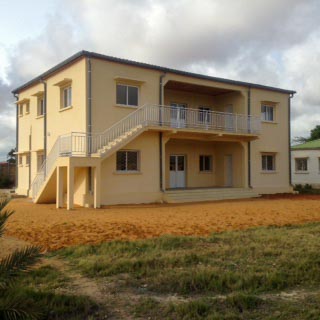Promoting economic development and business training are priorities for the Diocese in combating the chronic poverty of the Malagasy people. The Diocese & Friends of Toliara are actively working to ensure sustainable solutions to the problem of slow or stunted economic growth, food insecurity and water shortages.
The Diocese has a full-time Director of Economic Development, Mr. Ialy Cael, who leads strategic efforts in multiple projects in micro-enterprise and other job-creating activities.
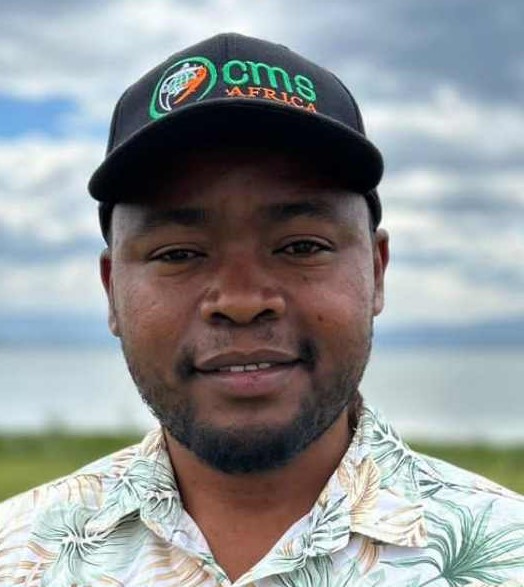
The Development Department has two sub-departments:
Economic Development headed by
Mr. Gasthé Alphonse RATOVONAINA
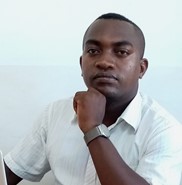
and Social Development headed by
Mrs Razaiarisoa Françoise Olga
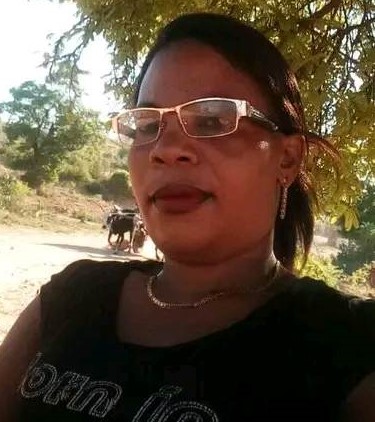
Economic Development
The main mission of the Economic Development sub-department is to provide financial sustainability for the Parishes and Diocese. 60 % of the income from a completed project is used to start new projects.
Our main activities are to:
- to build and maintain rental houses or apartments
- to use the land and properties owned by the Diocese wisely
- to develop agricultural projects and keeping of livestock
- to search for innovative projects
- to apply for grants to fund projects
We invest in properties and guesthouses which are rented out to bring income for the Parishes and Diocese. These tend to be more financially successful than some of the produce storage projects.
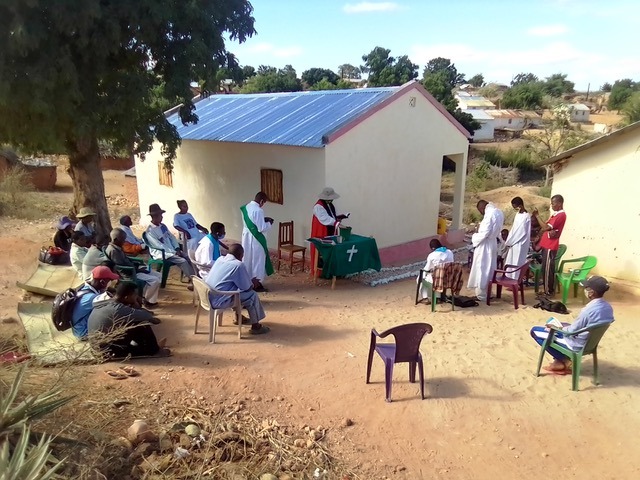
We work with Parishes within the Diocese to develop agriculture and animal husbandry businesses to provide valuable financial resources to the parishes. We recruit volunteers to teach business skills and find better ways to get goods to market.
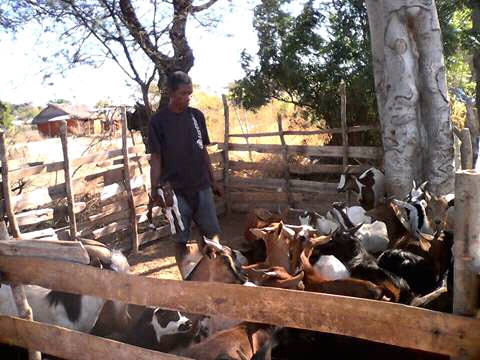
Social Development
The main mission of the Social Development sub-department is to make the vulnerable community resilient. Our main activities are to:
- provide drinkable water & other water for household needs
- provide irrigation systems for crops and reafforestation
- provide foods in urgent situations ( famine relief)
- provide seeds to grow crops
- provide employment, training and education, and spiritual guidance for women at The Women’s Center
- make and distribute Days for Girls kits and sell them where possible
- WASH program: Water, Sanitation and Hygiene. WASH is a global development sector that encompasses clean and sufficient water, waste management and hygiene facilities
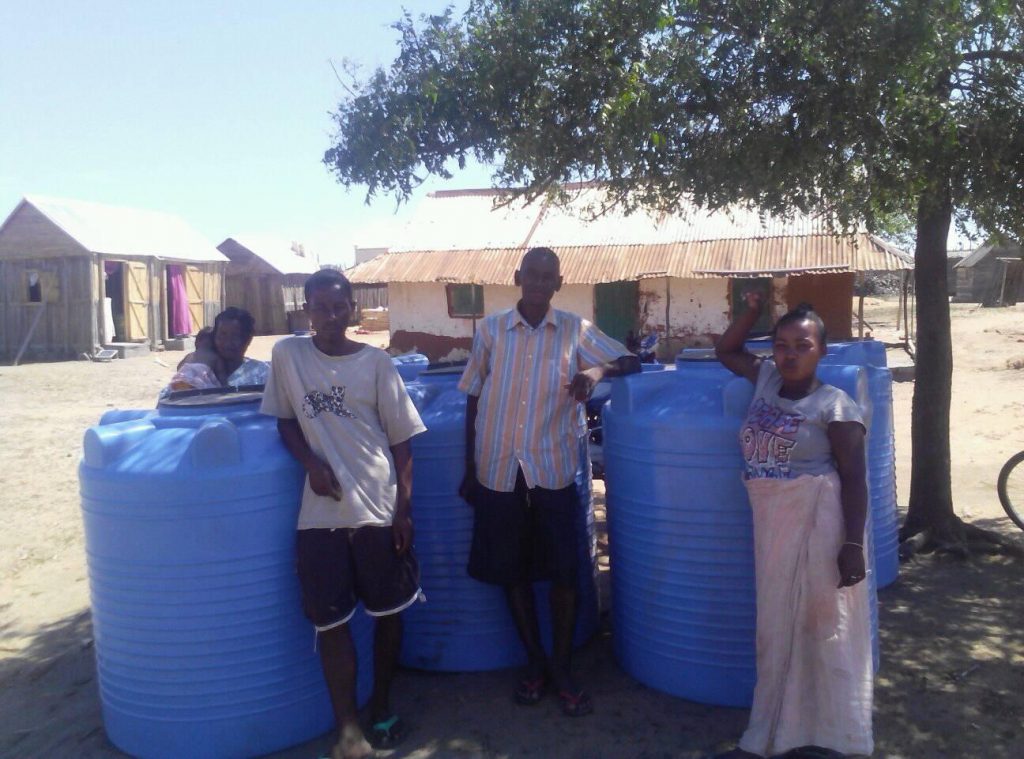
The Diocese has a Coordinator for Days for Girls
– Ms. Odette RAHARISOA
